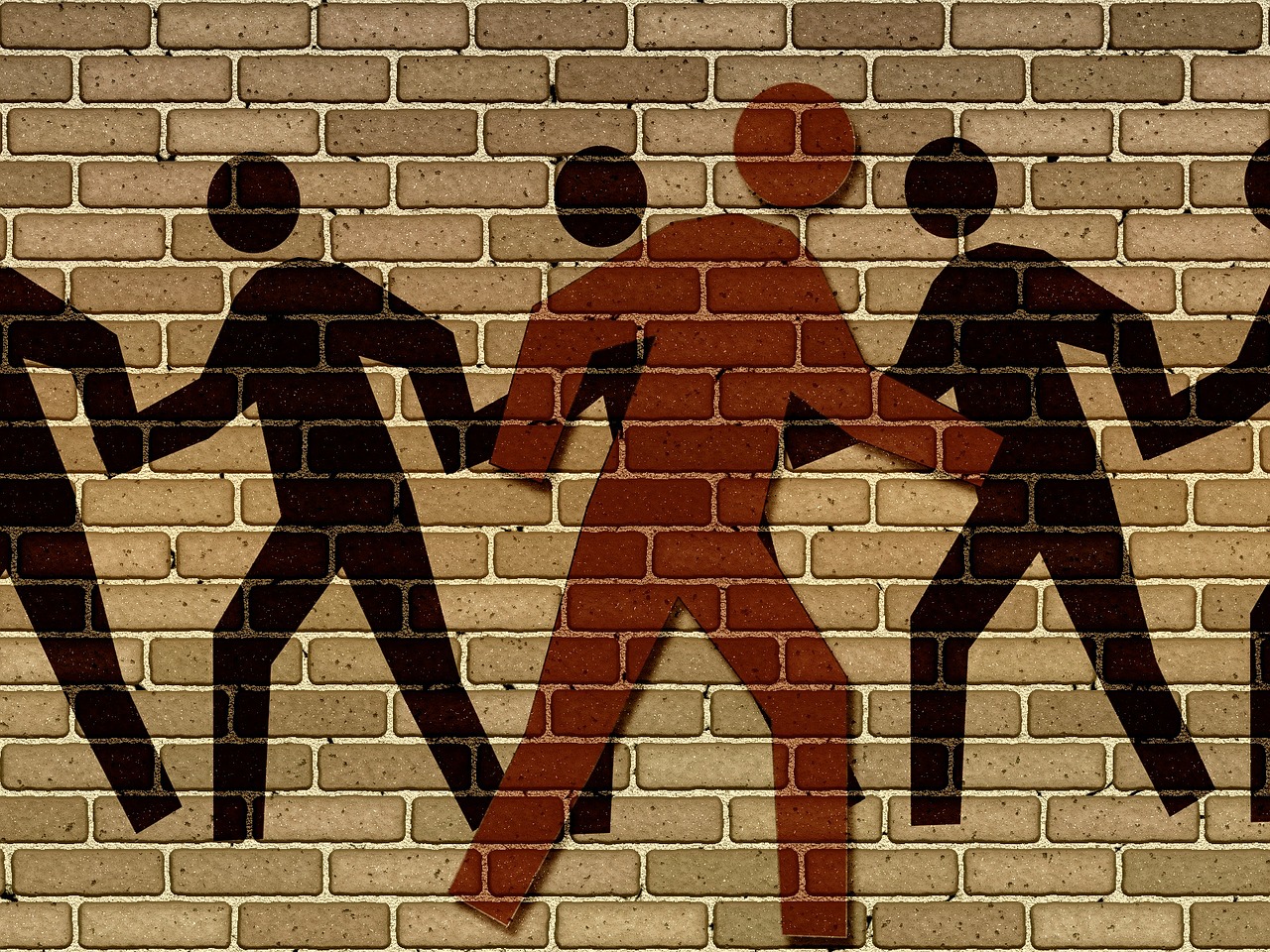We have for too long now believed that influence is the practice of what we “do” to people. We persuade them. We negotiate with them. We manipulate them. We intimidate them. We coerce them. We feel if we get them to do what we want, we are influential.
However, these are external actions. While they may influence others, they don’t make us, at the core, influencers.
The goal of every leader is to be influential, not by merely using tactics but as an expression of who they actually are. The good news is that real influence - being influential - can be cultivated, learned, and enhanced. Essentially, becoming influential is a process.
The Cycling Illustration
I have a friend who races bikes. Most competitive cyclist these days “clip into” their pedals, securing their feet to pedals to get more power out of each pedal rotation. Of course, when your foot is locked to the pedal you can’t simply stick it out on a turn or put it on the ground when you stop like we did as kids.
My friend told me about when he first switched to clip-in pedals years ago. It was a bit terrifying. He had to be VERY conscious of when the cycling group was starting and stopping so he wouldn’t stop and do the rookie “fall over.” (This is when the group stops and someone can’t clip out and merely falls over while perfectly still, usually crashing into the person next to them. Very embarrassing to say the least.)
To avoid a crash, my friend practiced rolling up to a stop and clipping out as he slowed. He then practiced starting and clipping in. Soon this simply became a part of who he was as a rider. Now, he says, even if the peloton comes to a screeching halt, his foot is out of the pedal almost unconsciously.
How did this happen? He practiced an external action in a planned fashion until it became internalized and second nature.
The same thing can happen with influence. We can move from using influence tactics to becoming innately influential.
How Do We Make the Shift?
A big piece of moving from influence tactics to becoming influential is being mindful of what lies beneath an influencer. Much like my friend broke down into parts the process of clipping in and out, and focusing on each until it became second nature, we can do the same thing with influence.
Influence is based upon 7 foundational traits that we each possess to one degree or another. Years of research by the Karen Keller Institute has revealed the foundations of influence to be:
- CONFIDENCE is having the “whatever-it-takes” attitude. This is your mental attitude of believing in, trusting in, and relying on yourself and your abilities.
- COMMITMENT is the underlying force behind achievement. The more determined you are to reach a specific goal, especially in the face of adversity, the more likely you will succeed.
- COURAGE is your strength to face difficult circumstances (or even difficult people) head on.
- PASSION is the fire in your spirit for what you do. It is the expression of your enthusiasm and your eagerness and starts the engine for your success.
- EMPOWERING is your ability to support peers and share knowledge with them. It also includes how you reward people who make a contribution.
- TRUSTWORTHINESS is a high virtue and is fairly self-explanatory. It is worth noting though that of all the influence traits, this is usually the most crucial. Lose trust, and you instantly lose influence.
- LIKABILITY is more than being friendly. It’s your capacity to create positive attitudes in the people around you, and focus those attitudes towards a common goal.
By being mindful of where we are in the process of development on each trait, we can literally practice and grow our abilities and aptitudes in each trait. When these are developed as a composite, we, by nature, become more influential.
What is Mindfulness?
Mindfulness is the basic human ability to be fully present, aware of who we are, where we are and what we’re doing, and not overly reactive or overwhelmed by what’s going on around us. (Source: https://www.mindful.org/what-is-mindfulness/)
Of first importance is the phrase who we are. Everything in our lives flows from who we are. We have to dedicate time to reflect on the “internal us.” Many faith movements call this “the heart.” This dedicated self-inventory of our identity and state of being is crucial to our development.
It was this need to focus and to be mindful of who we are as influencers that fueled me to develop the Keller Influence Indicator®. By offering a clear benchmark of where we personally are in the development of each influence trait, it allows us to clearly establish a “you are here” mark in the development of each necessary trait. It allows us to create a concrete clip in and clip out practice plan for each trait.
For example, if you see you score low in courage, you can consciously practice handling conflict more directly. (You can even use our conflict practices on our blog.) As you do this repeatedly and consciously practice courageous action, even if at first it feels unnatural, your courage will grow. A chief benefit of the Keller Influence Indicator is that you dynamically measure your growth in each trait over time.
You can be influential if you apply efforts to self-reflection and development. I’ve seen it time and time again.
Take Your Own KII®
We want to help you develop as an influencer. The Keller Influence Indicator® is the first-of-its-kind, research-based Influence measurement tool. Feel free to take a look at a sample KII report to see the depth of information provided within the Indicator; it truly is a comprehensive evaluation. We even provide a free trial assessment so you can gain a clear picture of the value of adding the Keller Influence Indicator as a tool for personal development. Don’t wait. Start your transition towards being more influential today.





